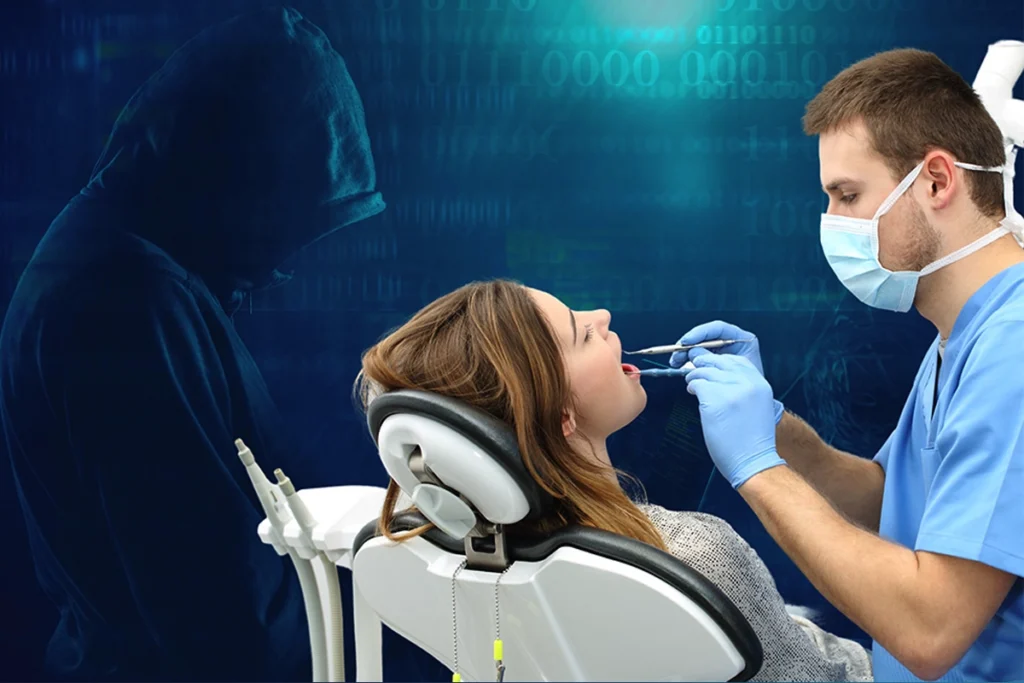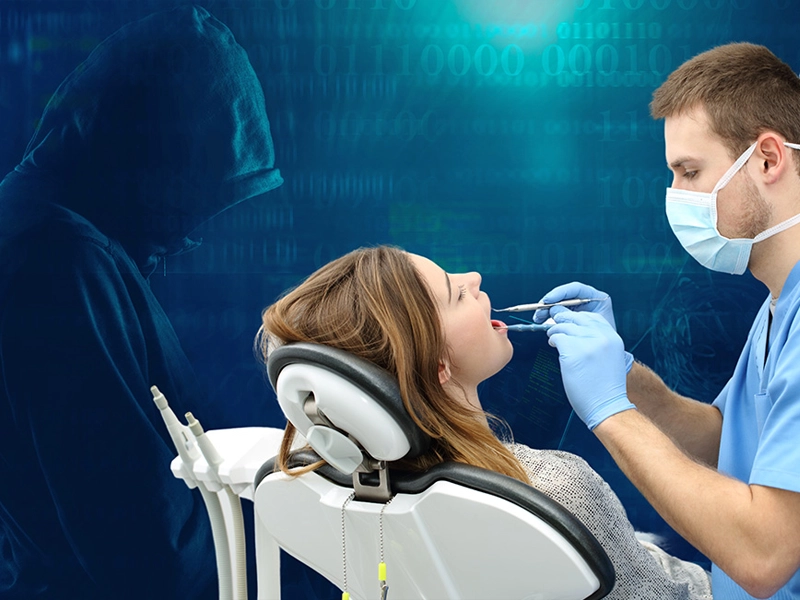The Importance of Cybersecurity in Dental Practices
Home Our Services Security Security Cameras Burglar Alarms Cyber Security Media Social Media Management Web Design Digital Marketing Automation Routine Tasks Audio & Video Radiocontrol Telecommunications Who we are? Why choose us? Vendor Partners Resources Finest VoIP Estimates Managed Maintenance Estimator Security Cameras Estimates Website Questionnaire SMART Backup Blog Contact Us X The Importance of […]
Home Our Services Security Security Cameras Burglar Alarms Cyber Security Media Social Media Management Web Design Digital Marketing Automation Routine Tasks Audio & Video Radiocontrol Telecommunications Who we are? Why choose us? Vendor Partners Resources Finest VoIP Estimates Managed Maintenance Estimator Security Cameras Estimates Website Questionnaire SMART Backup Blog Contact Us X FBI WANS OF […]




